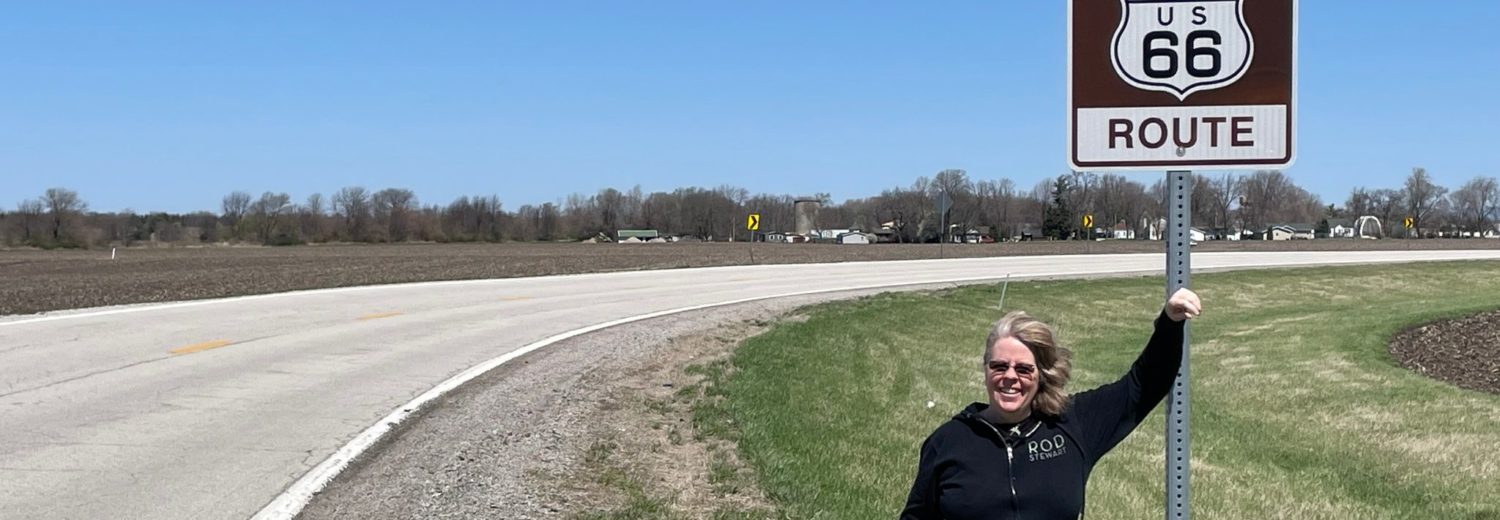I Feel Ashamed.
We were dirt poor when I was young, and I moved a lot. But everywhere I lived, the neighborhood was lily-white.
In 7th grade, identical twin boys joined my class. Their names were Rod and Roddy – short for Roderick and Rodney – and they moved into our small town outside of Baltimore.
It’s cool, especially when you’re 12, to see two people who look exactly alike. Rod and Roddy were funny, too. Also, they were black – the only black kids in the school.
Back then, people with dark skin were called “black.”
My late friend, Pete, once said to me, “I didn’t come from Africa; I’m not African-American. I’m black. White people made up that term, and they weren’t talking about me.”
In Pete’s honor, I rarely use the term “African American” unless I’m referring to an American who hails from Africa.
So the 7th grade twins were black. The next time I remember seeing blacks in school was in 12th grade, in a suburb of Pittsburgh.
That was when they demolished a dilapidated inner city school – one that had been 99% black – and forced its occupants to be bussed into various predominantly white schools. No one was happy being bussed out of their own neighborhoods – but I didn’t even think about that until Tyrone, whose locker was next to mine, said, “I don’t want to be here! None of us wants to be here!”
When I left Pittsburgh more than a decade later, I had still been living in a mostly white neighborhood, hanging out with mostly white people. But I met my friend, Pete, in Pittsburgh – and later we both (separately) moved to Washington, D.C. and kept in touch.
Pete taught me a lot about what it’s like to be a black man in American society. While giddily prepping for my vacation, I would announce, “I’m going to Myrtle Beach!” And Pete would say, “I’ll never step foot in South Carolina again. I stay out of the South.”
Pete didn’t have to say much to make his point.
Before that, it never occurred to me that South Carolina was “The South.” In fact, the only thing I knew is that they ate grits in The South, and I didn’t like grits. So when grits appeared on a menu, I knew I was in “The South.”
But no one ever threatened my life for walking into their restaurant.
I will never really know the depth of Pete’s fear, of his pain, of his anger. I will never know because in my life, I lived free. I am still living free.
But now – especially since my awareness has been put on high alert – I don’t feel free.
I feel ashamed. I’m ashamed to have spent my life in ignorance, not knowing what it’s really like to be black in this country. I’m ashamed that I didn’t ask Pete more about that before he died.
And I’m ashamed that I’m one of those white people who gets outraged and then gets quiet.
I don’t want that to happen again; I don’t want to get quiet.
I’ve always taught my kids that they should do what they think is right. Maybe they can’t change the whole world, but they can change their little part of the world. They can be kind and caring and speak up whenever they can. So I want to do that, too.
I just don’t know what to say, or do, to make any of this any better at all.
